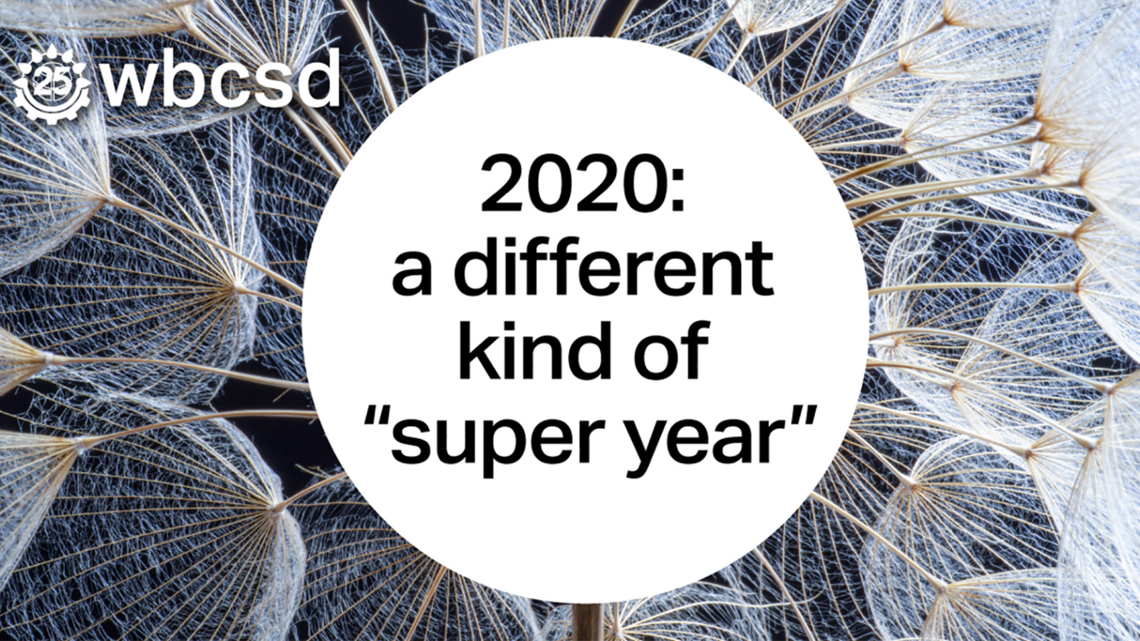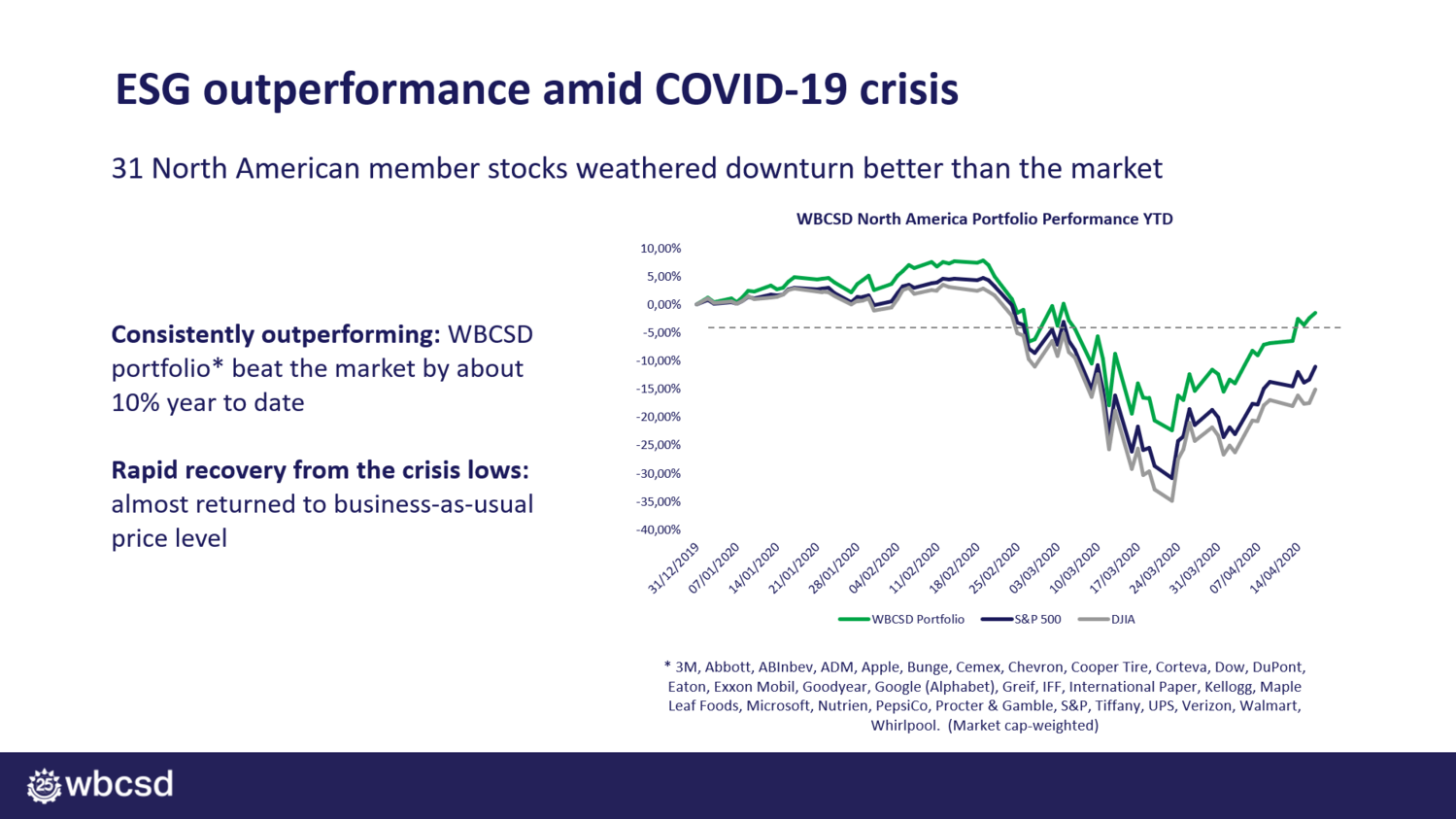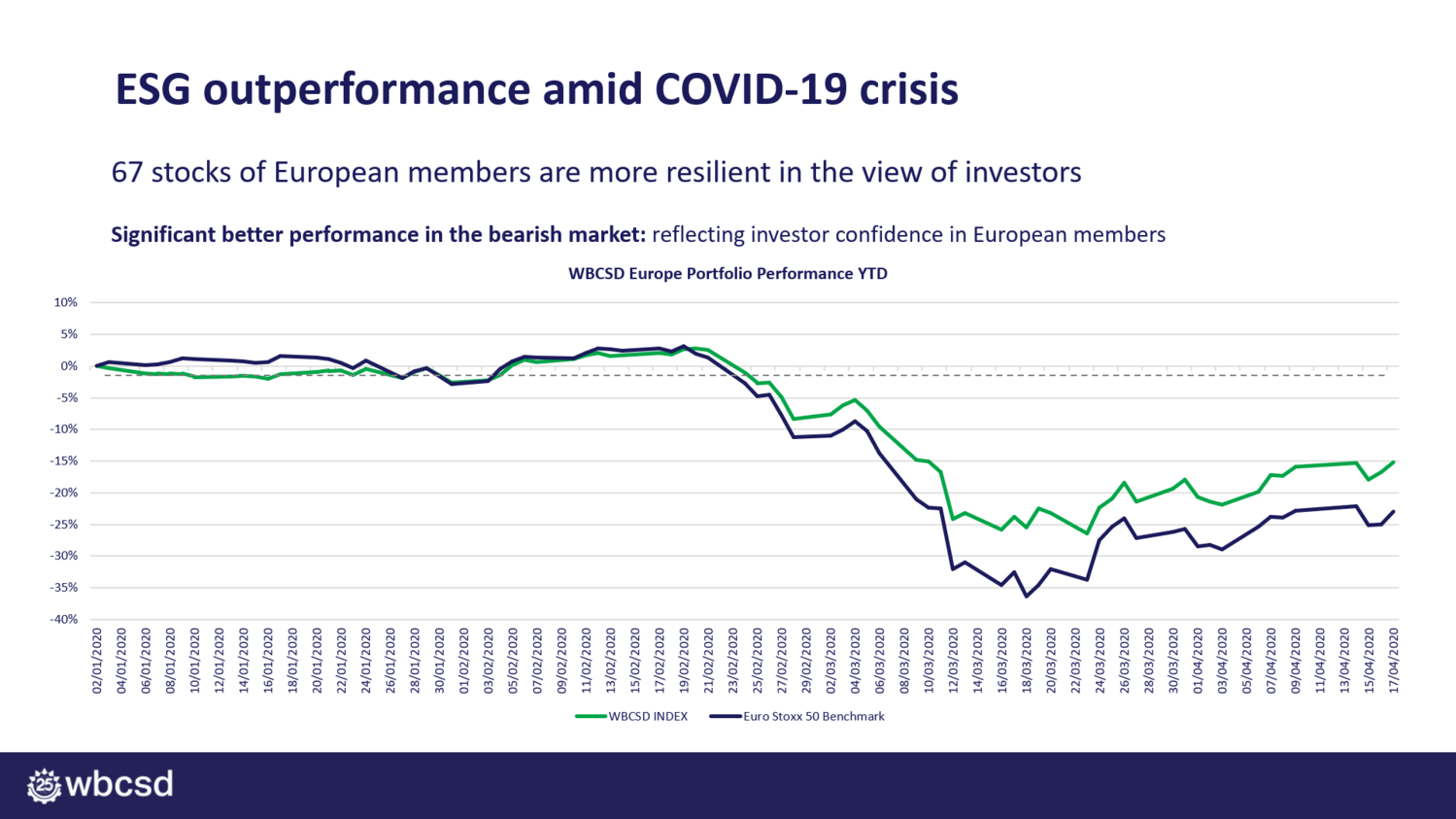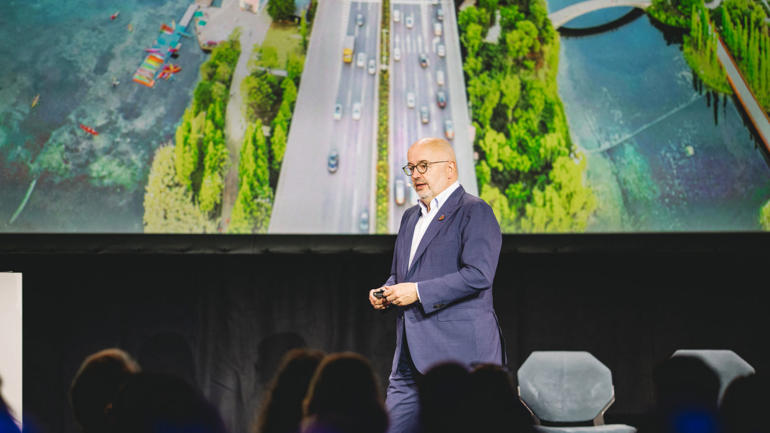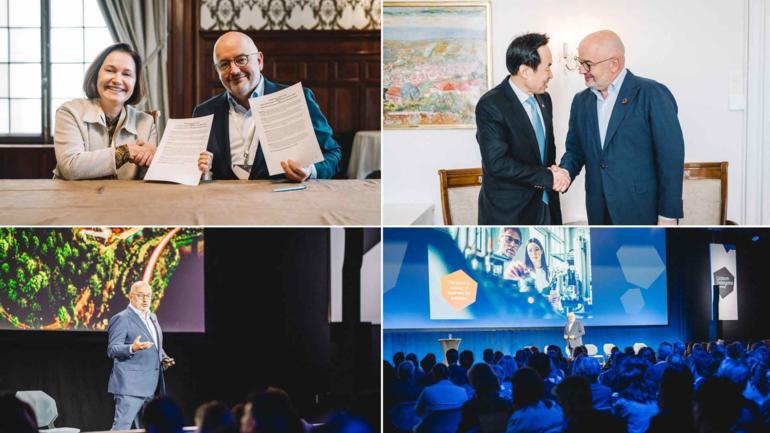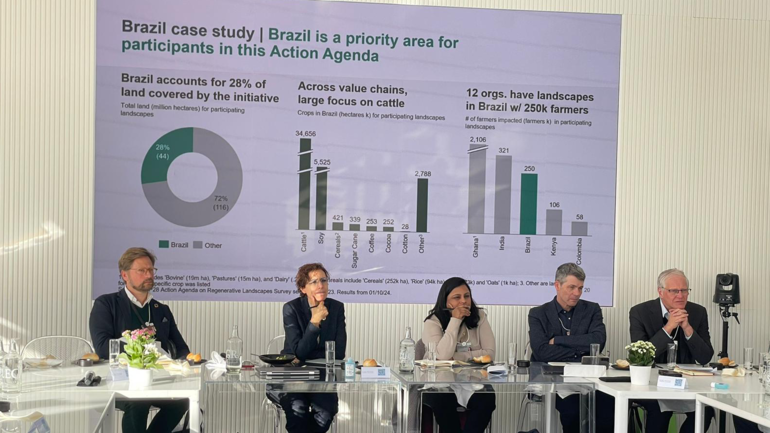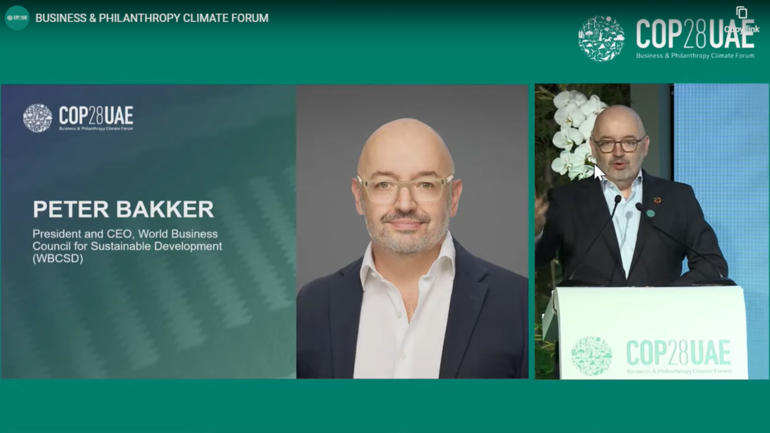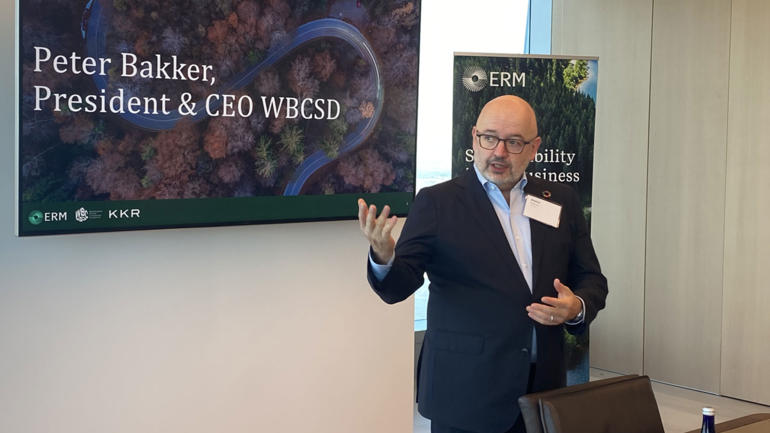2020 - the "super year" for sustainability - had a promising start with an impressive number of impactful global events and action plans in the works. In January, the World Economic Forum Annual Meeting focused on "Stakeholders for a Cohesive and Sustainable World", which gave a clear sign that sustainability and stakeholder capitalism are now firmly at the center of global debates. In response to that, I published a piece on the "Triangle of Stakeholder Capitalism", enabling us to redirect capitalism to truly accelerate the required transformations needed now.
However, at the time, COVID-19 didn't appear to be a threat; but it then went on to catch us all woefully unprepared. The notion of "super year" has now ironically reached a whole different meaning overnight, and so did "business as usual".
Business implications of COVID-19
COVID-19 is stress testing everything dramatically: people, politics, health and economic systems, our capitalist model, but also the way we live and work, socially and environmentally. The "collateral damage" is massive and containment efforts have had severe consequences for people, companies and economies, resulting in social inequality sadly being on a steep rise. The virus will be a reality for the foreseeable future, and it is vital we start tackling the challenge of living with it in our midst.
Now is a pivotal moment for business to demonstrate leadership towards society. The initial priority is ensuring the safety and health of our employees and customers, as well as getting those who lost their jobs back into the economy. As a second priority, we need to ensure that we map the return to a "new normal", with business recovery plans, employee health safeguards and economic stimulus packages that create a better world. Thirdly, we need to focus on pressing hard on creating a more sustainable long-term world with improved risk awareness and resilience in our supply chains, operations and business models.
Unless we use the rebuilding phase of the new normal to create focus on these three priorities, we will miss a massive opportunity to do better and accomplish the change that's needed, reflecting how connected our world and systems are.
This is why WBCSD has been working with its members to launch a COVID-19 Response Program, to provide solutions and actions on:
- Vital supply chains resilience;
- Return to "normal" scenarios;
- Long-term impacts and lessons for future resilience and stakeholder capitalism.
The outcomes are designed to enable us to shape the present and the future. To support the three projects of our Response Program, work is done on advocacy, for example by working with our partner Food and Land Use Coalition (FOLU) to publish a call to action for world leaders to prevent COVID-19 from resulting in a food security crisis, and supporting the Green Recovery Alliance to reboot and reboost our economies for a sustainable future.
In addition, we have worked with our advisor David Nabarro, who is also Special Envoy to the World Health Organization's on COVID-19, on outlining how social and economic stability go hand in hand, and how business leadership can contribute in the new COVID reality.
More sustainable companies more successful
As stock markets around the world have taken a dire turn for the last two months, we have been analyzing how companies that take sustainability seriously perform compared to those companies who don't. Our analysis shows that our member companies outperform the major stock indexes by about 10%. We will continue this analysis and include more markets - stay tuned for more on this.
We are monitoring how businesses from all over the world contribute their know-how, expertise and reach to contribute solutions to the COVID-19 crisis, and last week we launched our new virtual meeting series "Business as unusual, reshaping the present and future" to support our members in responding to and learning from this crisis. For a quick overview of all the featured sessions, please see this document.
Whilst a lot of our attention is centered around our COVID work, it is important to keep working on solutions to the other critical sustainability challenges. We have published TCFD implementation experience from key players across food, agriculture and forest products sectors to support the integration of climate-related risks and opportunities to company decisions and capital market valuations.
Accelerating change
As the world's leading platform for business and sustainable development, we believe it's time to reflect the need to accelerate change in our membership criteria. In the coming weeks we will be seeking member's input in the following additional areas with the aim to put forward to vote in the October AGM:
- 1.5°C, declaring a net zero GHG emission commitment and roadmap to 2050;
- Nature, adhering to the emerging nature / biodiversity targets;
- Human rights, respecting internationally recognized human rights principles;
- Diversity & inclusion, promoting diversity, inclusion and gender equality.
A lot is going on and we are glad to see the spirit of collective leadership among our members and in the world. We are in this COVID-19 crisis together and need collective action to shape the return to normalcy we all crave, using the opportunity to learn and get prepared for future shocks.
We simply don't have all answers yet. But that doesn't mean we don't know what to do. Let's make sure we continue to work together, take the initiative, and help shape the new COVID-ready reality by focusing both on social and economic recovery and resilience. Let's make sure we follow WHO guidance, align with national and local procedures, learn from each other and apply what we learn. Let's make sure we keep doing what business does best: respond fast.
We must make sure we do it right so that 2020 can still be the year of positive and lasting change.

